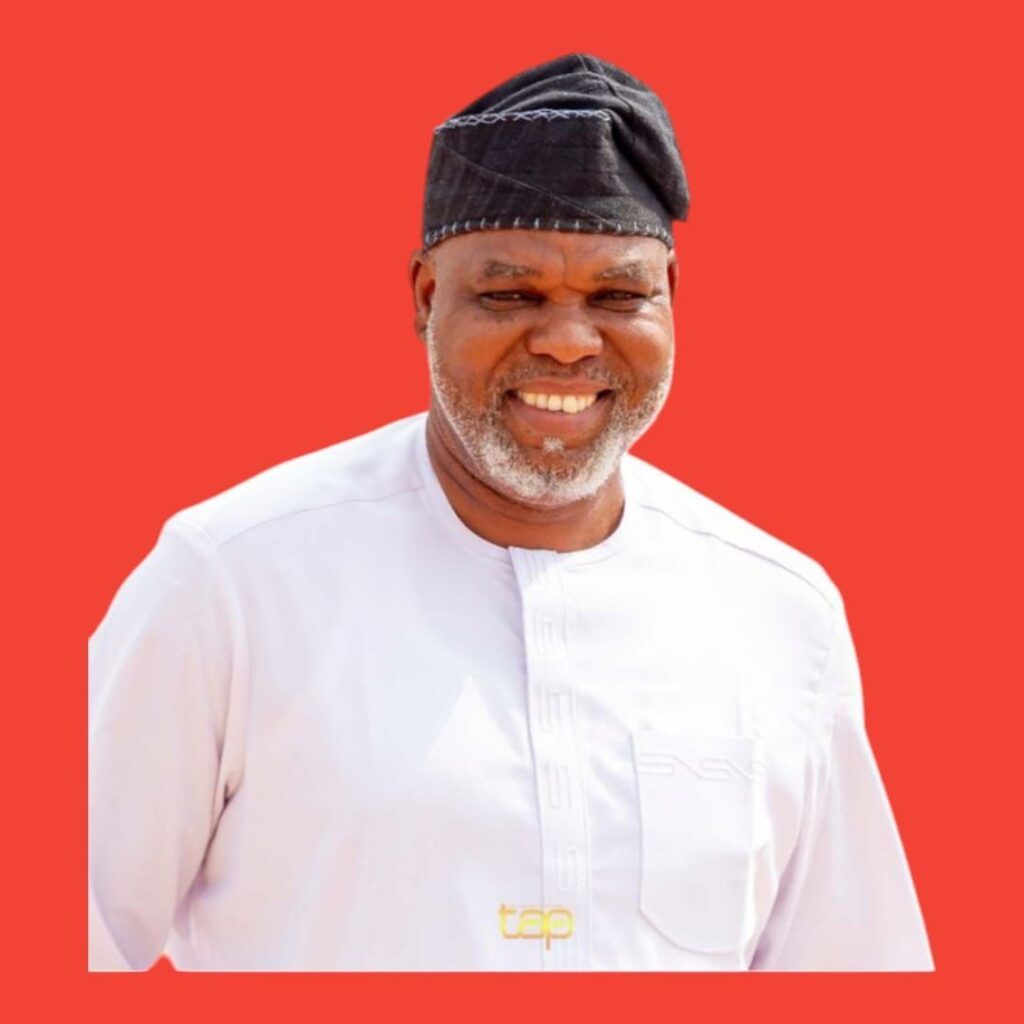A Development and Water Resources Expert, Engr. Micheal Ale has attributed the inaccessibility of clean and safe water in Nigeria to a lack of maintenance culture and economic hardship, which has been making it difficult for middle-class Nigerians to afford the luxury of safe and clean water.
Ale, who is also the Co-founder and President of the Safe Water for Africa Community Initiative (SWACI), made this known to newsmen in a statement in Ado-Ekiti on Thursday while highlighting numerous challenges facing poor Nigerians in accessing clean and safe water during an interview with journalists to mark this year’s World Water Day.
He recommended urgent massive investment in the water sector by government as the elixir to the problem said: “As the world commemorates World Water Day, the harsh reality for millions of Nigerians comes to the forefront—clean and safe water remains a privilege accessible only to the wealthy, while the poor continue to struggle with inadequate access to this fundamental human right.
“One of the primary obstacles is the exorbitant cost of drilling boreholes, which in many communities is the only reliable source of clean water. “The cost of drilling a borehole ranges between ₦1.5 million and ₦2.6 million, a sum far beyond the means of many Nigerians living in poverty”.
“Another critical issue is the frequent breakdown of borehole infrastructure. Many community boreholes, often donated by the government, groups, philanthropists, or politicians, become non-functional shortly after commissioning due to poor maintenance. Additionally, government-owned water treatment plants and pipelines are in a state of disrepair, forcing millions to rely on expensive or contaminated water sources.
This has led to the rampant spread of waterborne diseases such as cholera and diarrhea, clear indicators of developmental stagnation due to inadequate Water, Sanitation, and Hygiene (WASH) facilities”, Ale stated.
The President of SWACI, therefore, emphasized the need for innovative and sustainable approaches to water management. According to him, one of such initiative is the Borehole Management System Software (BAMS), a digital platform designed to help borehole operators manage their water sources more efficiently, reducing operational costs and improving access to clean water.
“Governments should focus on reviving and maintaining existing boreholes rather than investing in new ones that might also become neglected,” Micheal stated. He further revealed that SWACI, in collaboration with other organizations, has developed solutions to address these infrastructural challenges and improve water accessibility in Nigeria.
“The introduction of BAMS, along with other innovative solutions like the POVA, Project Outcome Validation Aggregator, requires robust support from private investors, government bodies, NGOs, volunteers, and water associations. These stakeholders must step up efforts to ensure efficient water management, particularly in underserved communities”, Ale added.
Ale also spoke on the role of government agencies and NGOs as crucial in resolving Nigeria’s water crisis. He said, “They must collaborate to provide financial and technical support to communities and borehole operators to guarantee a sustainable supply of clean water.
Ale who doubles as the chairman of Male Integrated Science, a renown borehole drilling company also use the opportunity to commend group effort like the Ibadan Descendant Union in Texas, USA, for their sustainable approach towards solving perennial community water issues through the WATER ROOT CONNECT program where close to 22 solar powered boreholes has been constructed within Ibadan community.
A sign of relief to the beneficiaries that had been deprived of such important and necessary developmental goods. The investment through this diaspora group is a sign of commitment and support, premising that the Government alone cannot solve water problems.
“Other well-meaning Nigerians and groups alike should also emulate the kind gesture demonstrated by the IDU Texas group.
“As we reflect on the significance of World Water Day, it is essential to recognize that water is first a social good before being an economic commodity. Access to clean water is a fundamental human right, and it is the collective responsibility of all stakeholders to ensure that this right is upheld for every Nigerian, regardless of economic status”, Ale charged.
He, therefore, called on private borehole owners and investors to support innovative solutions such as BAMS and POVA to enhance borehole and waterworks management.
He said, “Government agencies and NGOs should provide funding and technical assistance to ensure the efficient operation of water infrastructure.
“Communities must advocate for accountability in water resource management to prevent further neglect of essential facilities to make clean and safe water a reality for all Nigerians”, Ale advised.















